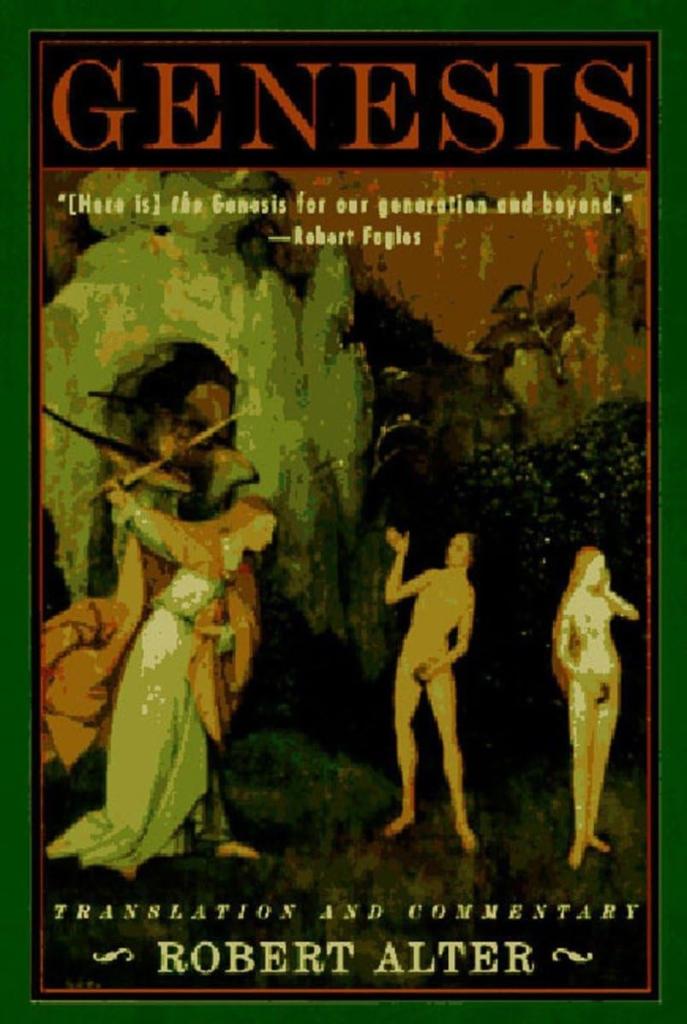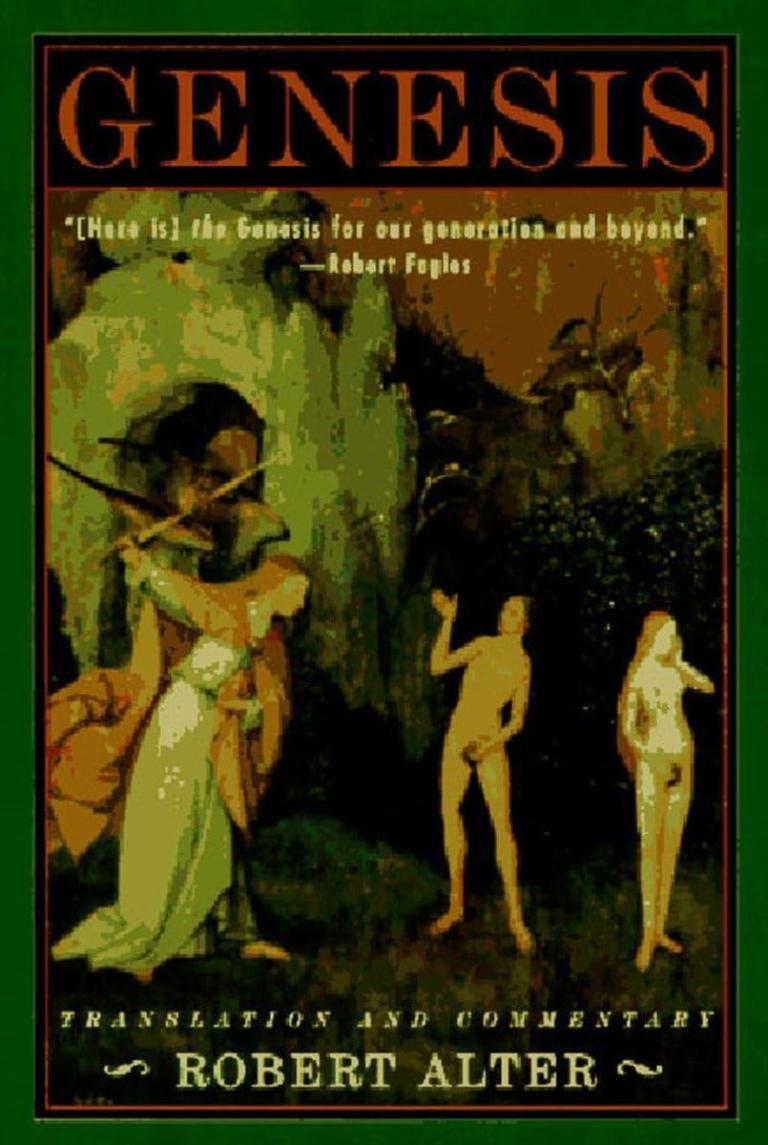On the surface, Gen. 14 seems to be a hodge-podge of several sources, with Abram having to undertake a Seal Team 6 rescue mission when Lot and his lot are taken captive by rulers trying to take over the territory that involved Sodom and Gomorrah among other areas. Abram is able to get some of his new friends in Hebron to help him in this mission, which seems to have a surprise ending, with the mysterious figure of Melchizedek, whose name means righteous king, and whose reign is in Salem, (probably Jerusalem cf. Ps. 76.2). This latter story, which was likely independent from the traditions in the earlier part of the chapter clearly fascinated later Jewish scholars of the Hebrew Bible, including of course the author of Hebrews (see below). What is important to say is that while we cannot track down the other named kings, nevertheless, both Philo and Josephus, as well as the author of Hebrews take him to be a real historical figure. This stands in striking contrast to 11QMelch where he is seen as an angelic or heavenly savior figure doing battle with the sons of Belial (i.e. Satan). There are various signs that these stories were independent traditions not the least of which is that Abram is introduced as Abram the ‘Hebrew’ at one point, as if we didn’t know who he was before Gen. 14. In part this story is support for the old adage that ‘a man can be known by the company he keeps’, in this case Lot hanging out with the King of Sodom and his morally suspect folk, whereas Abram is depict as a pious man building altars and sacrificing to God, not a city dweller but a nomad, and not interested in fighting to take over land. As Bill Arnold says “Melchizedek’s name itself ‘King of Righteousness’ signals a figure of outstanding personal character, a worthy ally for Abram, in contradistinction to the literary names Bera and Birsha, kings of Sodom and Gomorrah, which denote ‘evil’ and ‘wickedness’ respectively. Melchizedek presented himself before Abram, acknowledge the latter’s superior status, offering bread and wine, and blessing Abram. That Melchizedek blesses Abram is perhaps the first fulfillment of the ancestral promises of 12.3. Melchizedek himself will be the recipient of blessing, and three occurrences of the verb ‘bless’ (brk) in vsss. 19-20 invite the reader to reflect on ways in which the families of the earth are already finding blessing through Abram.” (p. 148). In addition Melchizedek is a priest of ‘God most High’ (el elyon) and he blesses Abram in the name of that God, who gets credit with delivering the enemy into Abram’s hands. The phrase ‘most high’ was often used in polytheistic settings in the ANE to refer to the top god in the pantheon of deities. BUT, Melchizedek is said to worship this God as the maker of heaven and earth. Abram does not object, and offers a tithe of war plunder to Melchizedek. Later, Abram equates this god that Melchizedek speaks of with the Biblical God. He even uses Melchizedek’s own words “I have sworn to the Lord [Yahweh] God most High maker of heaven and earth” This seems to legitimize the cult in Salem, as a precursor to the national cult of David and Solomon. This could be said to make Melchizedek the precursor to those two kings (see Ps. 110.1-4).
In a master stroke, the author of Hebrews take’s this story and Ps. 110.1-4 as an indication that Christ’s priesthood is not the Levitical priesthood, but an earlier and higher one— he is ‘a priest forever after the order of Melchizedek. What we are dealing with here in the case of Hebrews is typology, not identification. Melchizedek is a precursor of Christ, Christ is not a pre-incarnation appearance of Christ on earth. Latter Jewish tradition pondered why we hear absolutely nothing of Melchizedek’s genealogy or his progeny, and in a remark suggestion it is concluded he seems to be a person without origins or offspring…. rather like Christ. In any case, this story serves to present Abram in a positive light unlike his nephew, and as such it prepares us for the sequel.











 English (US) ·
English (US) ·